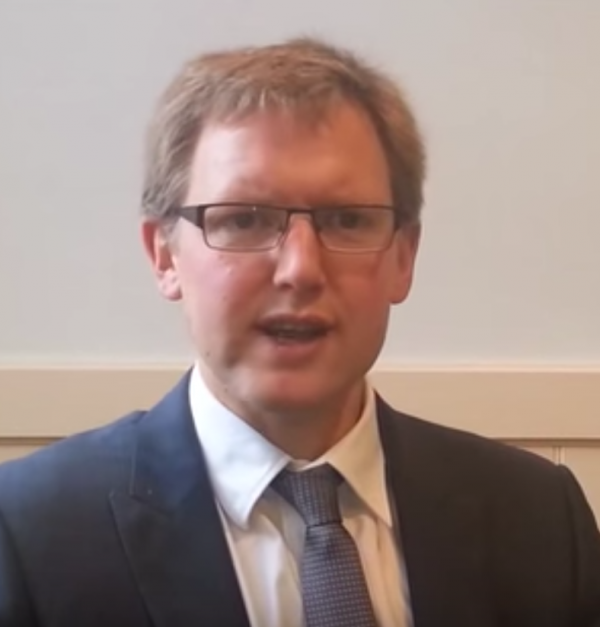By Vishal Goel, | February 26, 2017

Parkinson's disease (YouTube)
Researchers in New Zealand claim they have found the first strong evidence on how Parkinson's disease spreads in the brain. According to the study, pathological proteins, known as Lewy bodies, spread from one cell to another through tunneling nanotubes that act as conduits. The study further states that non-neuronal cells in the blood vessels, called pericytes, also appear to harbour and spread Lewy bodies.
Like Us on Facebook
The study, conducted by a team of researchers at the University of Auckland, was recently published in Scientific Reports - Nature. Associate Professor Maurice Curtis from the University's Centre for Brain Research, who leads the Centre's research on Parkinson's disease, says that this theory of Parkinson's disease spread is topical but they now have the first proof in cell culture of the mechanism controlling the spread.
As Dr Curtis said, the implication of the findings is that if there is a spread of the Lewy bodies in the brain, the spread could now be stopped early on because this new mechanism of pathology spread has provided the scientists with new targets to go after for development of Parkinson's disease treatments.
According to Dr Curtis, most of the literature out there suggests that Lewy bodies cause the most problems in neurons, but this paper proposes blood vessel pericytes to be significant. Remarking upon the study, Dr Curtis says that this has been a major push in his laboratory and is proud of the work by her team, including post-doctoral researcher and lead author, Dr Victor Dieriks.
The research was funded by the Neuro Research Charitable Trust founded by Bernie and Kaye Crosby, who have fund-raised to support this work and who have been strong advocates for Parkinson's disease research in New Zealand. "This work was also made possible because of the availability of human brain cells cultured postmortem from those who donate their brain to advance research, provided by the Centre's Human Brain Bank," says Dr Curtis.
-
Use of Coronavirus Pandemic Drones Raises Privacy Concerns: Drones Spread Fear, Local Officials Say

-
Coronavirus Hampers The Delivery Of Lockheed Martin F-35 Stealth Fighters For 2020

-
Instagram Speeds Up Plans to Add Account Memorialization Feature Due to COVID-19 Deaths

-
NASA: Perseverance Plans to Bring 'Mars Rock' to Earth in 2031

-
600 Dead And 3,000 In The Hospital as Iranians Believed Drinking High-Concentrations of Alcohol Can Cure The Coronavirus

-
600 Dead And 3,000 In The Hospital as Iranians Believed Drinking High-Concentrations of Alcohol Can Cure The Coronavirus

-
COVID-19: Doctors, Nurses Use Virtual Reality to Learn New Skills in Treating Coronavirus Patients












